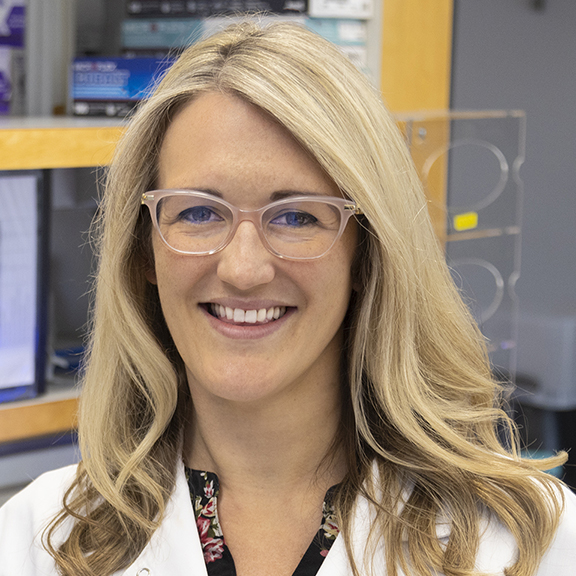From the American Association of Immunologists 2024 conference in Chicago, Cindy and Steph meet up with Mark Shlomchik to talk about his career and the research of his laboratory on systemic autoimmune diseases, long-lived B cell immunity, and immunopathogenesis.
From the American Association of Immunologists 2024 conference in Chicago, Cindy and Brianne meet up with Heather Caslin to talk about her training and the research of her laboratory on how diet and exercise affect innate immune cells in health and disease.
Immune discusses two stories of immune cells eating other cells: microglia engulfing brain neurons to shape cortical development and behavior, and mast cells trapping neutrophils to increase their functional and metabolic fitness.
From the American Association of Immunologists 2024 conference in Chicago, Cindy and Steph meet up with David Martinez to talk about his career, the research of his laboratory on viral pathogens of global health importance, and his advice to be persistent and enjoy the journey.
From the American Association of Immunologists 2024 conference in Chicago, Cindy and Brianne meet up with Robert Binder to talk about his career, the research of his laboratory on the role of heat shock proteins in cancer immunosurveillance, and the importance of inspiring students as early as possible to think about science.
From the American Association of Immunologists 2024 conference in Chicago, Cindy and Steph meet up with Rafael Polidoro to talk about his career, the research of his laboratory on how the gut microbiome modulates the local and systemic immune responses during infections.
Immune reviews the local and systemic responses after human SARS-CoV-2 challenge infection, and how bat antibodies display elevated antigen binding strength and diversity at higher temperatures that are characteristic of flight.
From the American Association of Immunologists 2024 conference in Chicago, Cindy and Steph meet up with Jane Buckner to talk about her career, and the research of her laboratory on mechanisms by which regulation of the adaptive immune response fails or is overcome in the setting of human autoimmunity.
From the American Association of Immunologists 2024 conference in Chicago, Cindy and Brianne meet up with Tonya Webb to talk about her career, the role of NKT cells in cancer, and her efforts to ensure diversity, equity, and inclusion in research
From the American Association of Immunologists 2024 conference in Chicago, Cindy and Brianne meet up with Michal Tal to talk about her career, sex differences in immune responses, and how one giant mouse uterus changed the trajectory of her research career.




